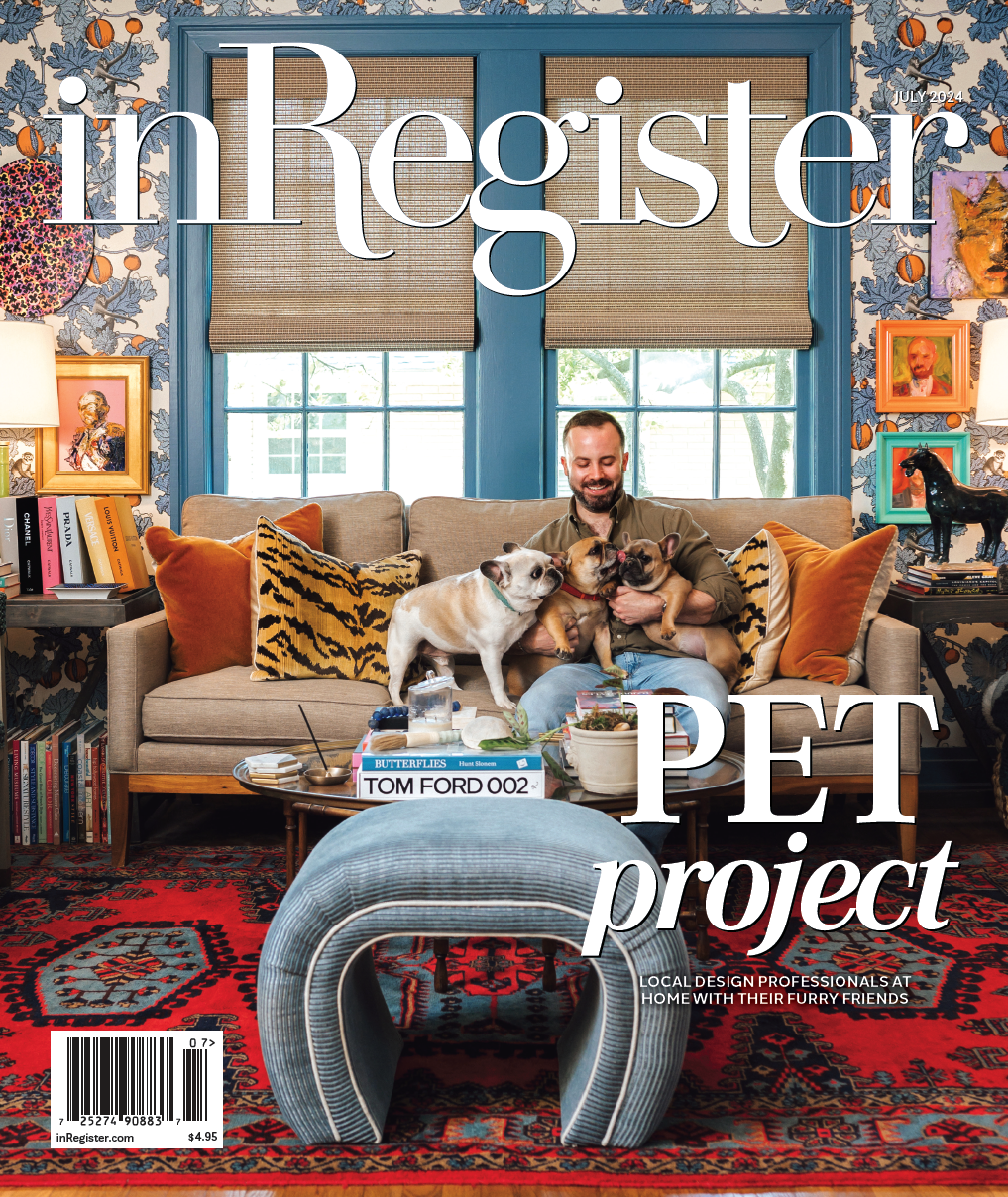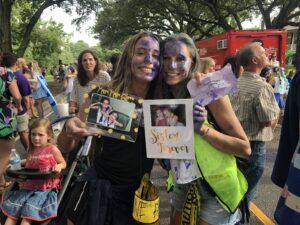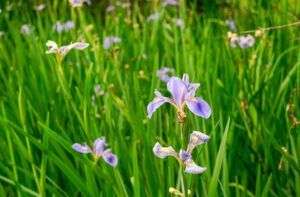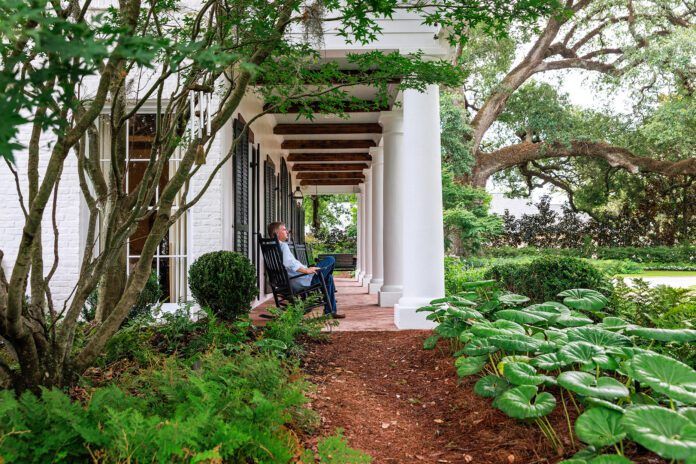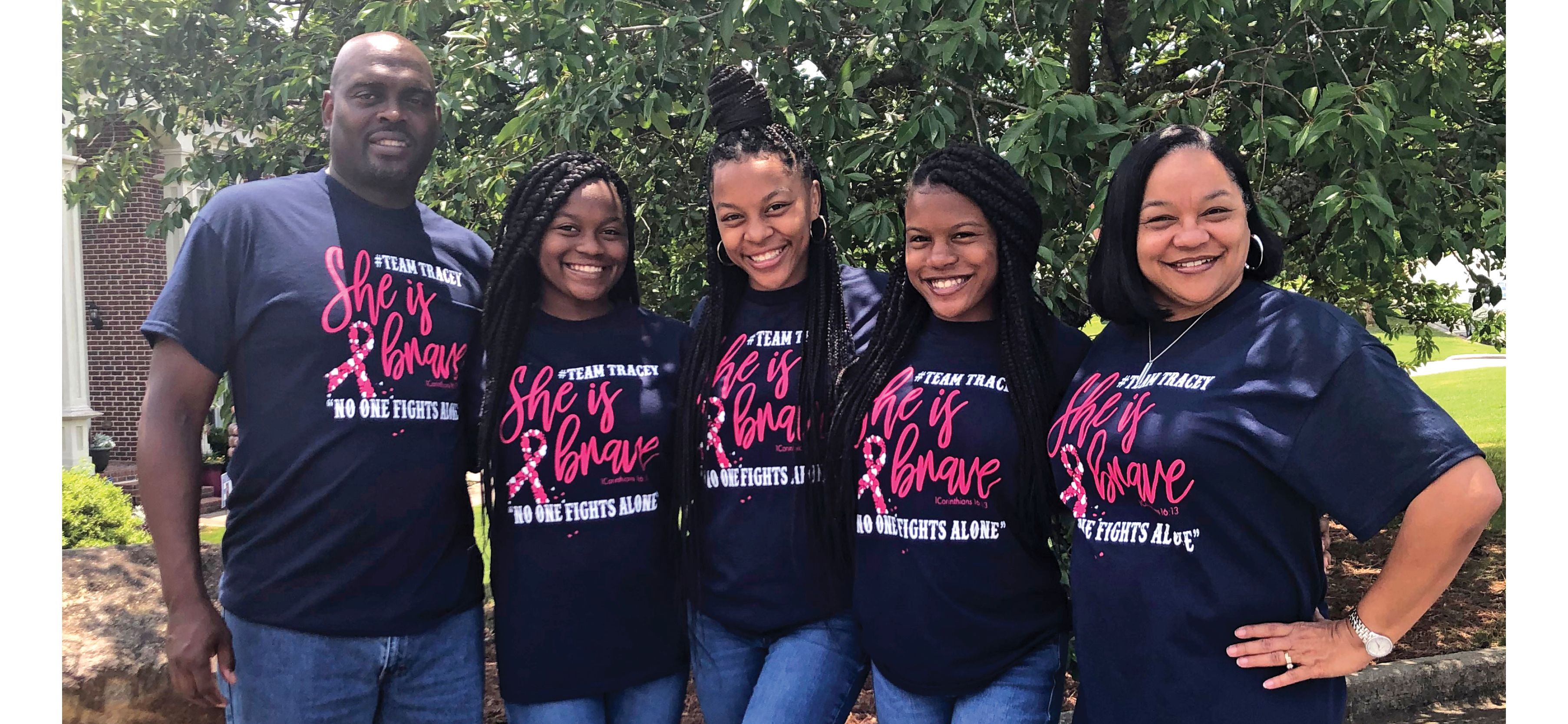
Cancer During COVID: Health care leaders highlight the importance of early detection
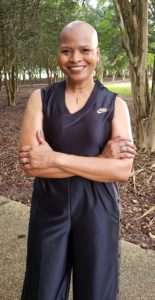
In early April, Tracey Neldare walked into Woman’s Hospital by herself. Having felt a lump in her right breast during a regular self-check a month earlier, this appointment wasn’t the average checkup. With each anxiety-ridden step, she moved farther away from her husband Tramelle—who, due to COVID-19 regulations, had to stay behind in the car—and closer to the answers she dreaded.
“What might have been two minutes felt like two hours,” Neldare recounts of the appointment she initially put off due to the onset of quarantine. “I had a biopsy done that same day. A few days later, I called the office and asked about my results. The woman on the phone told me that all she could say at that time was that I had breast cancer. I was devastated.”
A Zoom meeting with her doctor followed, where Neldare learned of her triple-negative, stage 2 status. The telemedicine visit was yet another element of her unorthodox diagnosis and treatment.
“Because of COVID and social distancing, no one could physically come to my house to console me, and that was one of the hardest things,” she says. “But from the very beginning, my family decided they didn’t want me to do this alone.”
When her chemotherapy treatment kicked off on May 8, Neldare’s friends, known as the “Sassy Sisters,”and family already had a master plan in place. In addition to coordinating meals to take the strain off of Tramelle, one member of #TeamTracey meets Neldare prior to each treatment for prayer. Since no guests are currently allowed inside, more friends and family sit outside and wait to greet her as she leaves.
“We can’t hug or anything,” Neldare explains. “But just them being there—that means so much.”
In the age of COVID-19 and protective measures, showing affection hasn’t taken on its usual forms, but mandated distancing has made room for new and unexpected connections. For Neldare, this came in the form of cancer survivors. From the time of her diagnosis, she received dozens of calls from supportive strangers offering helpful advice and hopeful words.
“Those calls were the most important,” she says. “These were people I didn’t even know taking the time to call me. It was so touching, and it helped me understand what I was going to go through.”
October is Breast Cancer Awareness Month across the United States. Every year, Mary Bird Perkins – Our Lady of the Lake Cancer Center and Woman’s Hospital, which come together in the Breast & GYN Cancer Pavilion, work to establish supportive and educational resources—much like the network of survivors who reached out to Neldare—through the Geaux Pink initiative. Providing funding to support patients as well as free breast cancer screenings while also raising awareness of the importance of regular checks and early detection, the program typi-cally involves in-person events from bake sales to football games. This year’s efforts, of course, look a little different.
“Fundraising is moving virtual this year,” explains Mary Bird Perkins associate director of development, events and community partnerships Allison Huber, who notes that all donations stay local. “We’re asking people to get creative and host their own distanced ‘events,’ whether it be to honor a loved one, celebrate a birthday or just to spread the word.”
While monetary donations are crucial to the team’s mission, raising awareness is just as important. Early detection is the best way to improve survivorship. Though many people opted to postpone appointments due to COVID-19, physicians and cancer survivors alike urge women to continue routine screenings and to act on any potential symptom.
“You never want to hear the word ‘cancer,’” explains Neldare. “But I know there’s a reason I had to hear it. This is a part of my story and there’s a reason I’m going through this, and that is to save someone else’s life. I want to share my story to help the next person. If you feel something abnormal, go straight in and get checked. It could make all the difference.”
To register your Geaux Pink fundraiser and learn more, go to breastandgyncancer.org.

